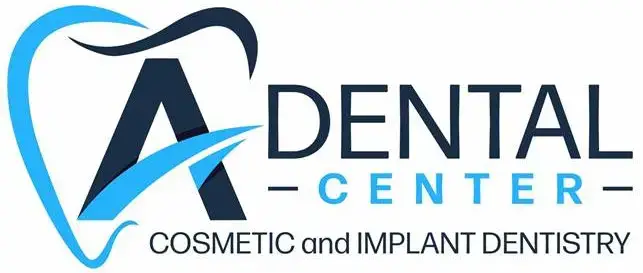Deep Cleanings at The Dentist: 6 Reasons You Should Have One
Posted by Fadi Edmond Elzayat Oct 30, 2024

Regular deep cleanings at the dentist are an essential part of dental hygiene. By scraping, suctioning, and cleaning below the gum line and in hard-to-reach areas of the mouth, deep cleanings help prevent dental problems like gum disease, cavities, and bad breath.
Proper dental hygiene requires more than just brushing and flossing – scheduling regular deep cleanings is vital! Learn why this service is so important here.
Why Regular Deep Cleanings at the Dentist Is Important
· Deep Cleanings Removes Plaque From Hard-to-Reach Areas
Deep cleanings are a way to remove plaque and calculus from the teeth that brushing and flossing may not reach. Plaque consists of food particles, bacteria, and saliva stuck on your teeth and gum line.
If left untreated, plaque can turn into a hard deposit. This hard deposit sticks to the enamel of your teeth, which can lead to bad breath, gum disease, and cavities.
Getting deep cleanings regularly is essential to eliminate built-up plaque and prevent more serious dental problems down the road.
· Stops Gingivitis Dead in Its Tracks
Getting a deep cleaning regularly can help you protect your teeth and gums against an infection known as gingivitis.
If left untreated, gingivitis can become more severe and become a periodontal disease – causing increased irritation, swelling, and bleeding.
By scheduling a regular visit for deep cleanings, you’ll be able to stop the inconvenient symptoms of gingivitis in their tracks before they become a bigger problem.
· Averts Serious Systemic Issues
Deep cleaning at your dentist’s office can also help to avert more severe issues.
Because of your dentist’s ability to reach below the gum line, deep cleanings are important for removing plaque build-up and bacteria that can lead to infection below the gum line.
If these bacteria enter your bloodstream, they can cause infections in other body organs like your heart or kidneys.
Getting a deep cleaning every six months can help you avoid this scenario and keep your overall health in check.
· Freshens Breath and Improves Taste
Plaque and tartar build-up can cause your breath to become less than fresh.
Plus, when bacteria accumulate at the back of your throat, it can make food taste bitter. Not only does deep cleaning help remove this accumulation and freshen your breath, but it also helps restore the natural taste and flavor of foods.
· It helps You Avoid Bad Habits, Staining, and Trauma
Deep cleaning can help avoid bad habits like using your teeth as tools or opening lids and packages with your teeth – both of which can cause trauma or crack to the tooth. Deep cleaning also helps keep dental staining from occurring due to the breakdown of food particles and bacteria.
Deep cleaning will help prevent any trauma from occurring so that your smile is healthy and beautiful for longer.
In Summary
After checking your teeth and gums and taking X-rays to determine the general health of your mouth, your dentist will usually prescribe deep teeth cleaning.
If your gums are diseased or the gingivitis is so severe that they are pulling away from the teeth and creating pockets or spaces that are 5 millimeters deep or more. In that case, your dentist will recommend deep teeth cleaning as the next step before undergoing periodontal surgery.
If you don’t treat your gingivitis or other gum problems, they can proceed to periodontitis. Periodontitis causes the pockets between your teeth and gums to get so deep that bacteria can destroy the bone and supporting structures of your teeth.





